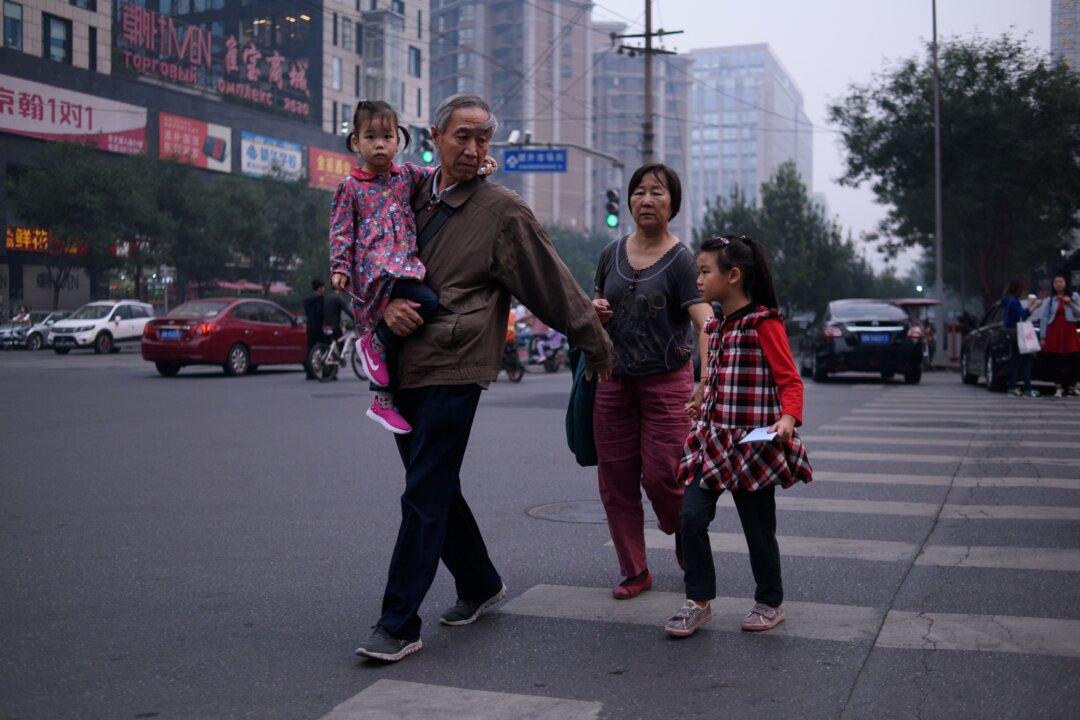The Chinese consumer who saves is the most important person in the world right now. He is supposed to take over from the American consumer, who is ridden by debt and unable to spend.
Unlike their American counterparts, they hardly have any debt and plenty of savings. Cheerleaders like McKinsey and Jack Ma would like nothing better than for Chinese consumers to spend their trillions.
The problem: It just won’t happen anytime soon.
“Given China’s economic structure, underdeveloped financial market, and weak welfare state, high levels of precautionary saving will persist for the foreseeable future,” wrote Keyu Jin, an economics professor at the London School of Economics in a post for the World Economic Forum.
China bulls are now touting the two-child policy, which won’t fully kick in until 30 years from now. But it’s the one-child policy that is preventing middle-aged workers from spending.
“The Confucian tradition of filial piety meant that children supported their parents in their dotage. But, after more than three decades of the one-child policy, retirees cannot reasonably expect nearly as much support, and China lacks a strong pension system to pick up the slack,” wrote Jin.
A strong health care system is missing as well, another reason why Chinese have put $9 trillion in the bank, according to JP Morgan figures.





